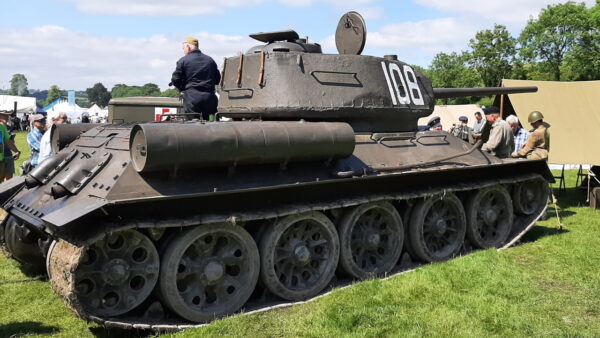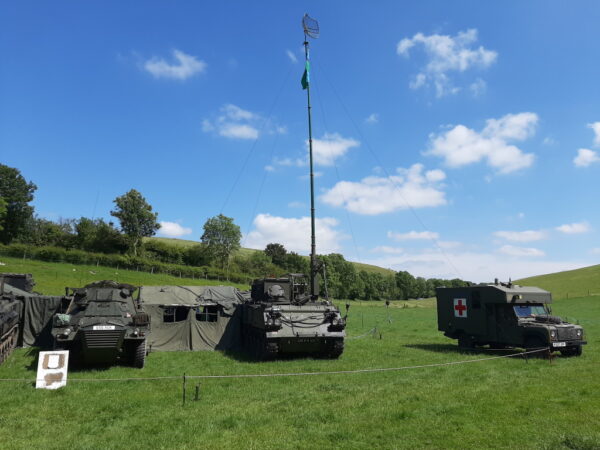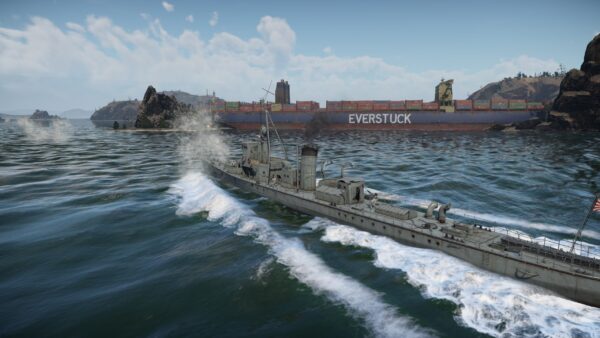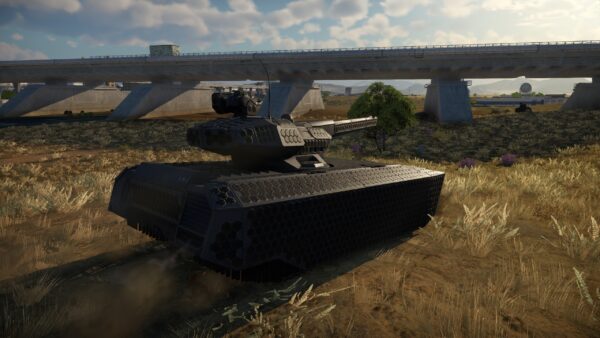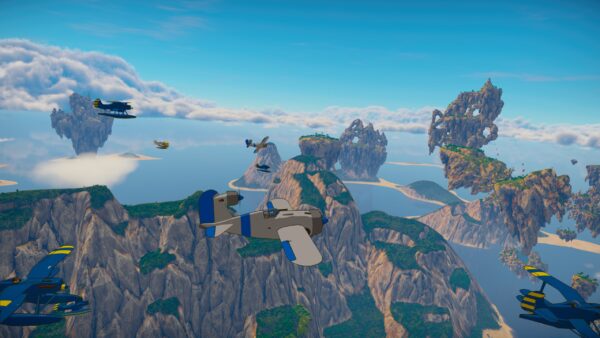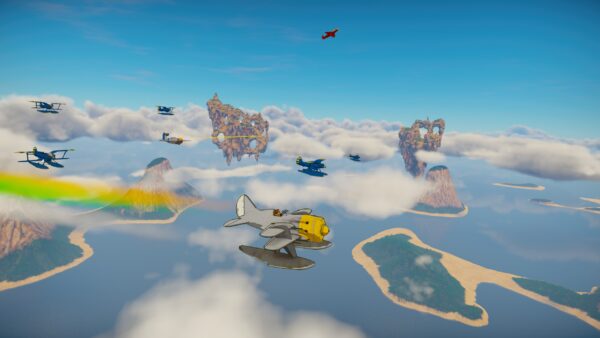I was poking around the bonus loot available in Prime Game, and one of the offers was for Last Day on Earth. Never one to turn down free stuff I gave it a click, it turned out to be a mobile survival-type thing with crafting and zombies (incidentally, if you haven’t seen GamePitchBot on Twitter it’s well worth a look for hilarious, terrifyingly accurate, and occasionally that-would-really-work game pitches; random example: “I’ve got a world that’s something like He-Man but set in Shakespearean England only furry. This game is a rail shooter with a strong survival horror layer, and has authentically mocapped strippers, a penguin army and occasionally crafting something that blows up in your face”).
My mobile gaming tends to be more puzzle-type stuff to kill a bit of time when away from the PC, this was a real time ARPG with virtual joystick, but surprisingly easy to get on with. Movement was smooth, it was easy enough to point the right way and engage with crafting resources and/or enemies (often the same thing), and while not the deepest of combat systems (TAPTAPTAPTAPTAPTAPTAPTAP) it did the job. Gameplay was a familiar enough routine of gathering materials to craft tools to gather more materials to build a base with crafting stations to craft materials to gather tools to base buildings, or something along those lines. As you’d expect the process of building is made more difficult by lengthy planning disputes with the neighbours, though as they’re mostly ravening wildlife and shambling zombies the arbitration process involves fewer petitions to the local council and more shotguns. It was all fun enough, but didn’t take too long for the standard free mobile game foundations to be laid bare – an energy system restricting actions unless you pay or watch adverts, and no shortage of stuff to buy in a cash shop to overcome irritations like a very small starting inventory. Fair enough, that’s how a lot of mobile games sustain themselves; the freebies from Amazon included a larger backpack, so that made things a bit more bearable.
I bimbled around the starting area, explored some of the nearby sites, died once or twice but managed to get back to my body to retrieve my gear (shades of older, more hardcore MMOs). Then I bit off a bit more than I could chew and ended up in the middle of rather more zombies than I could handle, especially when my weapon broke mid-fight. A couple of gear-rescue attempts went equally badly, until I finally managed to kite the horde around in full Benny Hill Chase mode and pick them off individually. By that point, though, my lovely well-equipped corpse seemed to be no more, taking that oh-so-useful large backpack with it. So I furiously quit, and uninstalled the game.
I very much doubt it would have become a long term thing anyway, it seems a little pointless playing an action game on a phone screen while sitting right next to a decent PC. From a bit of reading around it seems once you get out of the early areas you can also attack other players and nick their stuff, which has never really been my thing. It was an interesting diversion, though, a good showcase of how a game like that can work on a phone, and there’s something about gathering stuff to build and fortify a base that scratches a real Robinsonade itch, so I started looking around for a PC game to do the same.
Obviously there’s good old Minecraft, but maybe something a little less blocky with a bit more of a combat system. Valheim gets pretty universal thumbs up, and with a recent update and a sale I grabbed that, certainly seems to have potential though (from a very brief start) the crafting seems a bit fiddly. I’m sure I’d get used to it, but it’s not quite what I’m after for now. Something with guns, ideally; maybe zombies, they’re always a handy guilt-free foe. Definitely not a PvP focused corpse-loot-o-thon, we all know who the *real* monsters are, ahhhh. A bit of digging suggested a few possibilities, 7 Days to Die and State of Decay 2 being towards the top of the list, but nothing so inspiring as to warrant an immediate purpose. I think Fallout 76 might be just the ticket; not exactly a survival game, but with plenty of the elements. It didn’t have the best of starts but subsequent updates seem to have raised it to the heady heights of “not too bad”, so I was all ready to give it a lash until seeing it’s still £35. Seems a bit steep for a three year old game, even with a bunch of updates in that time. It probably shouldn’t, with the price of everything else going up it’s unreasonable to expect games to get ever cheaper. If it was labelled a Super Deluxe Edition, usually £70 but down to £35, I’d be a lot more tempted even if the content was exactly the same, which doubtless says a lot more about me and susceptibility to psychological manipulation than anything else, but hey. I’m sure there’ll be a sale soon when I’ll grab it, and sod’s law will doubtless dictate that I don’t really fancy playing it by then but have a real hankering for a game that’s currently on a once-in-a-lifetime sale. Such is life!
